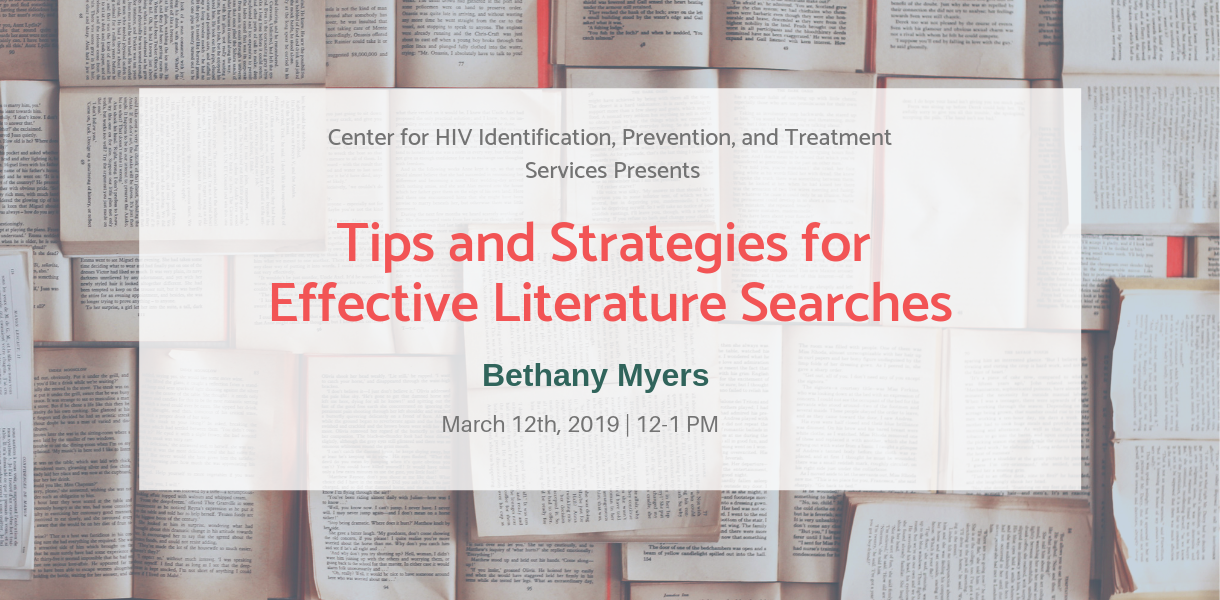November 19th, 2019- Over 150 community providers, members, educators, policy makers, and stakeholders joined us at St. Anne’s for the conference, “Addressing Medical Mistrust in Black Communities: Implications for HIV and other conditions.”
The objectives of this conference were to:
- Improve understanding of the historical foundations of medical mistrust in Black communities.
- Describe the effects of medical mistrust on health care behaviors, HIV and other health outcomes in Black communities.
- Discuss clinic and system level changes that foster patient trust.
- Provide attendees with skills and resources to interact with patients and caregivers in a manner that encourages healthcare engagement and improve health outcomes.
Speakers and panelists from both the community and HIV-focused health fields addressed these objectives and discussed strategies for strengthening patient-provider relationships and improving health outcomes.

Dr. Nina Harawa, Director of the UCLA CHIPTS Policy Core and Dr. Patrick Dowling, Chair of the Department of Family Medicine opened the morning with remarks laying the groundwork for the conference. Powerful presentations were given on trustworthiness, medical discrimination, and social-structural influences in Black/African American communities by Dr. Marino Bruce (the event’s Keynote Speaker), Dr. Laura Bogart of the RAND Corporation, and Dr. Alicia Bonaparte from Pitzer College. A panel discussion featuring community members and providers followed, highlighting
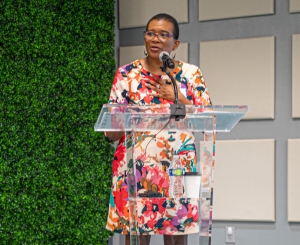
experiences of medical mistrust in clinical care and the necessary recommendations for improvement. To facilitate further engagement on the discussed issues, conference participants were broken into small groups, and asked to analyze a range of topics from medication uptake and adherence, to molecular HIV surveillance/partner notification/STI contact tracing. Feedback from these breakout sessions was shared, relayed, and documented. The day concluded with a presentation by Ace Robinson from Avielle Foundation on creating inclusive clinical care. Closing remarks were given by Ricky Rosales from the LA County AIDS Coordinator’s Office and Dr. Steve Shoptaw, Director of UCLA CHIPTS.

The meeting agenda, speaker bios, reference list, and presentation slides are available for download below. Videos of each presenter are available on our YouTube channel, and linked at the bottom of this page. Visit the CHIPTS Facebook page for a mini gallery of the event.
See the presentations below.
Addressing Medical Mistrust in Black Communities - AgendaAddressing Medical Mistrust in Black Communities - Speak Bios
Addressing Medical Mistrust in Black Communities - Reference List
Trustworthiness: A Principle for Processes, Practices, and Partnerships to Improve Health among Disadvantaged and Disenfranchised Populations - Slides
Medical Mistrust, Discrimination, and HIV in Black/African American Communities - Slides
Should I Trust my Provider? Socio-structural Influences in African American Women's Maternal Health Experiences - Slides

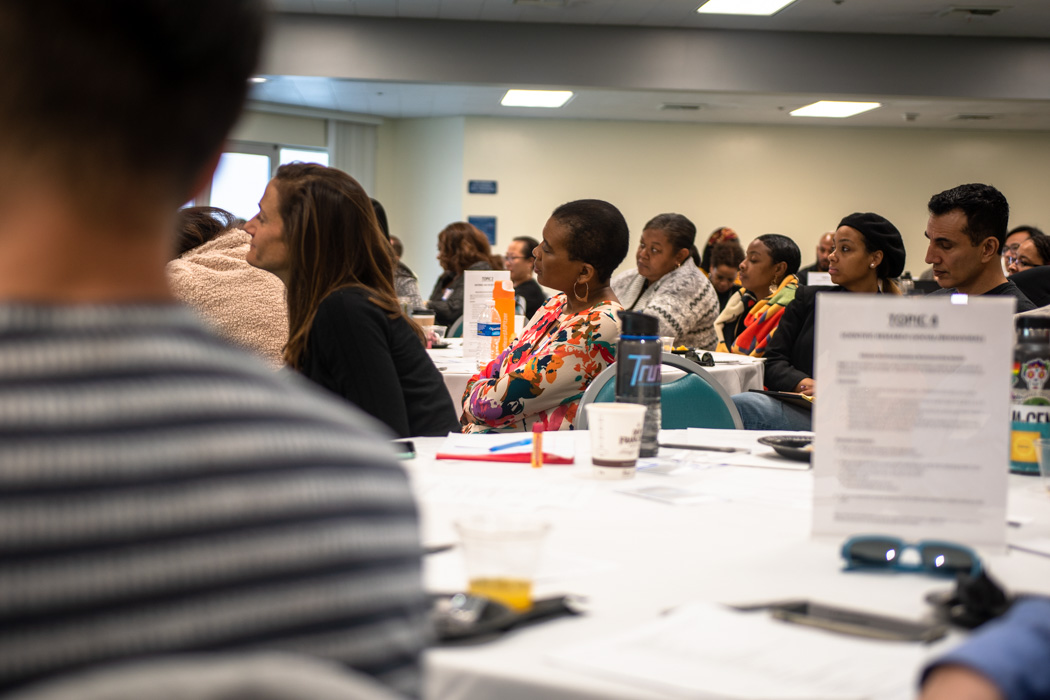
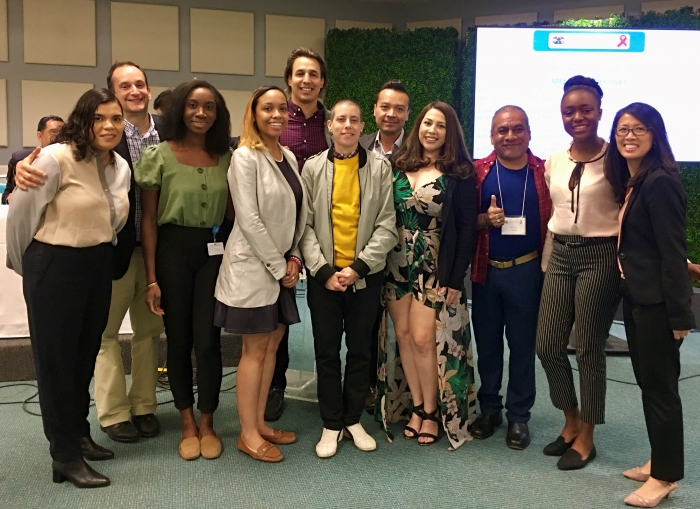
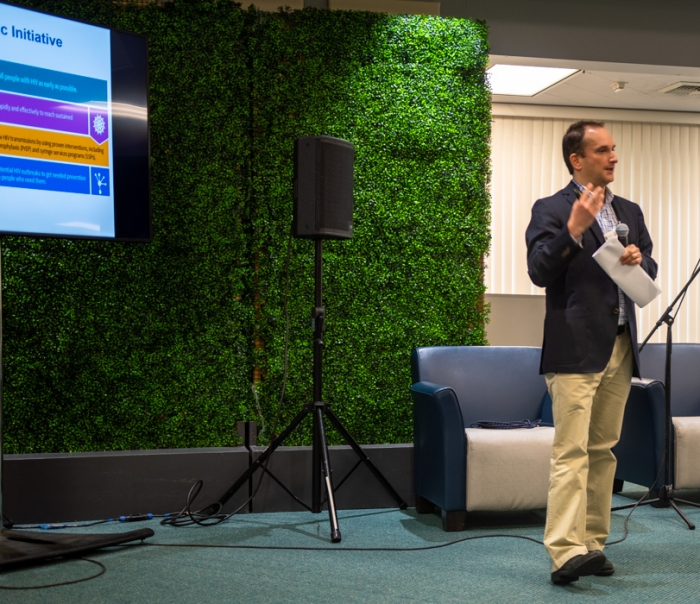
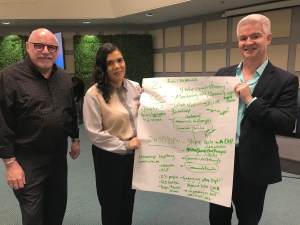
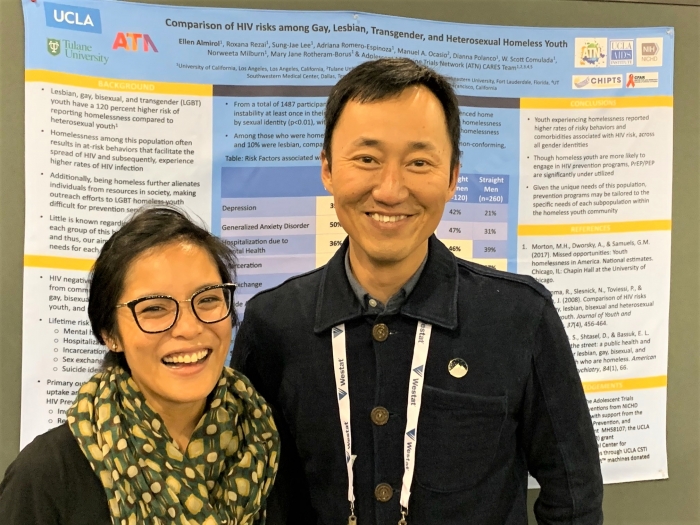
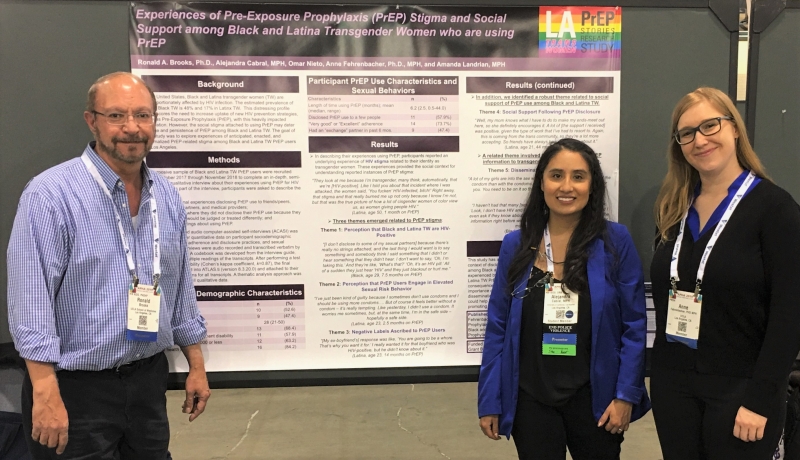
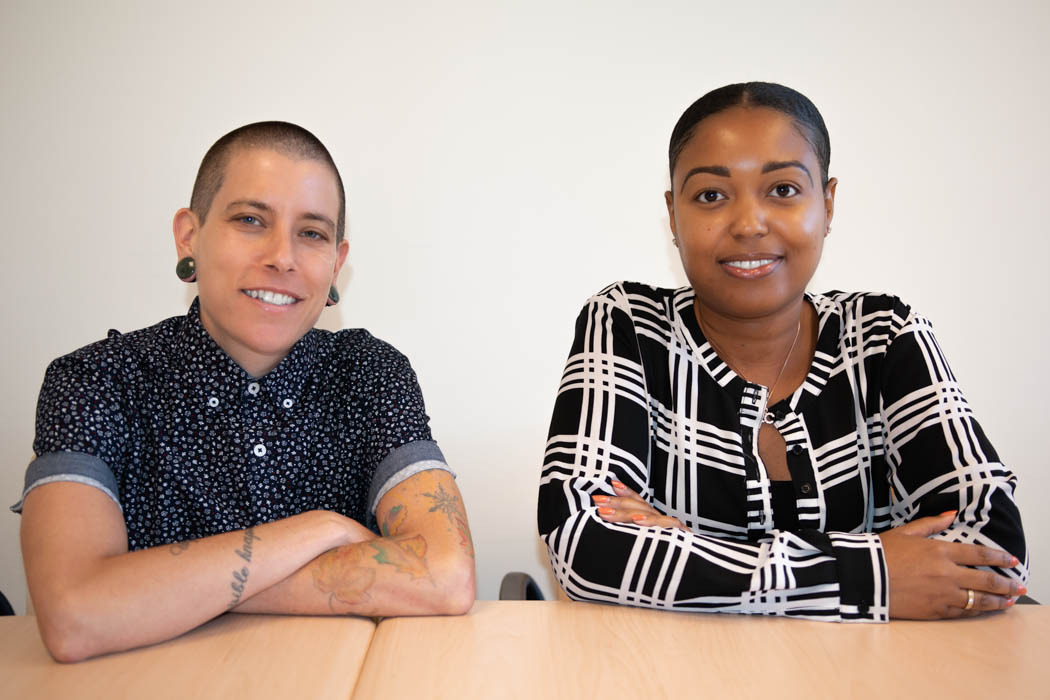
 place of collaboration and discussion between our researchers and the communities affected by HIV. The goal of this advisory group is to ensure the research, dissemination, and activities conducted by CHIPTS researchers are relevant and meaningful to the lives of the diverse communities we serve.
place of collaboration and discussion between our researchers and the communities affected by HIV. The goal of this advisory group is to ensure the research, dissemination, and activities conducted by CHIPTS researchers are relevant and meaningful to the lives of the diverse communities we serve.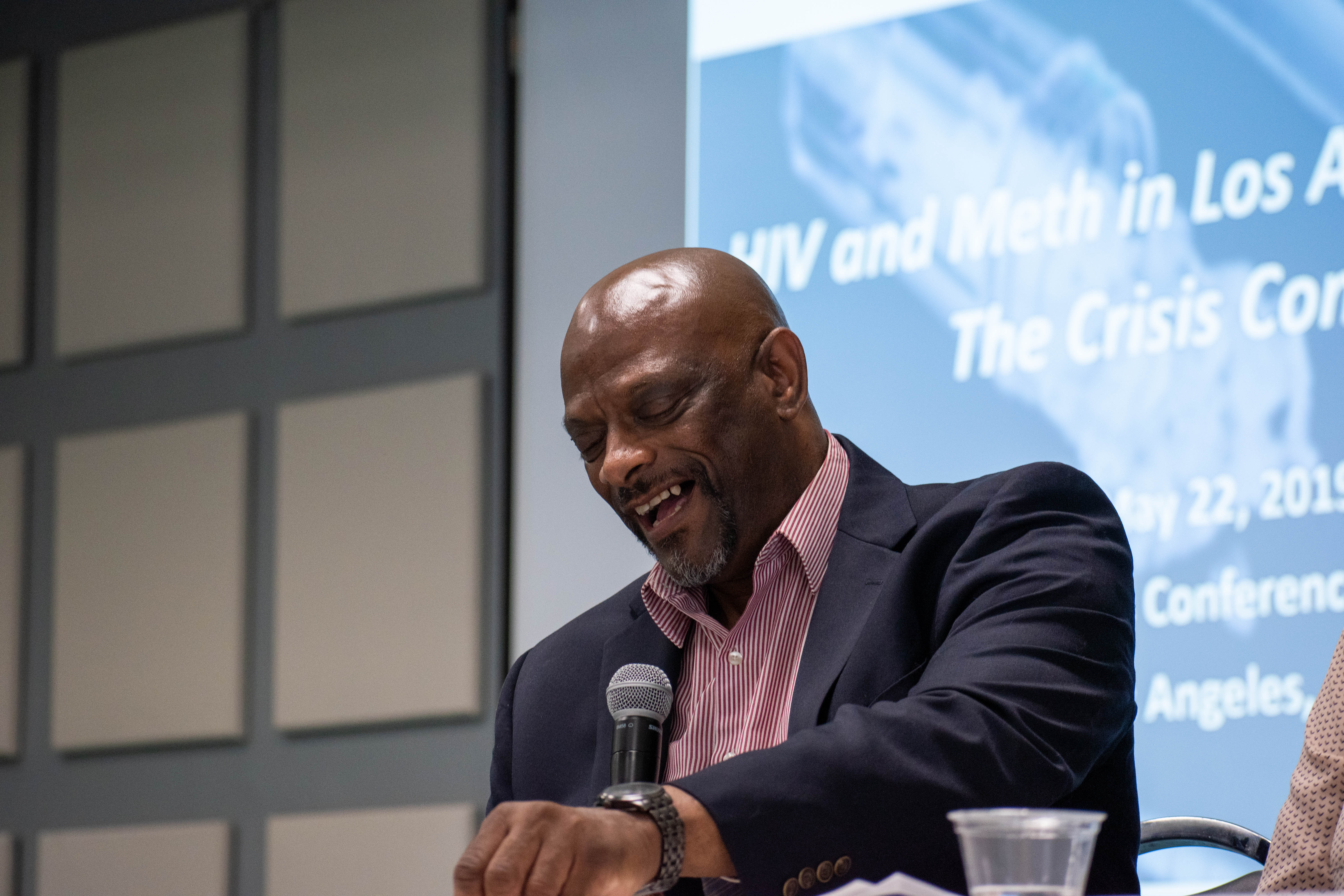
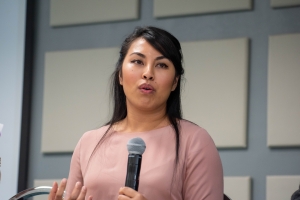
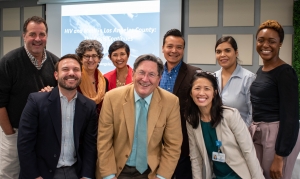

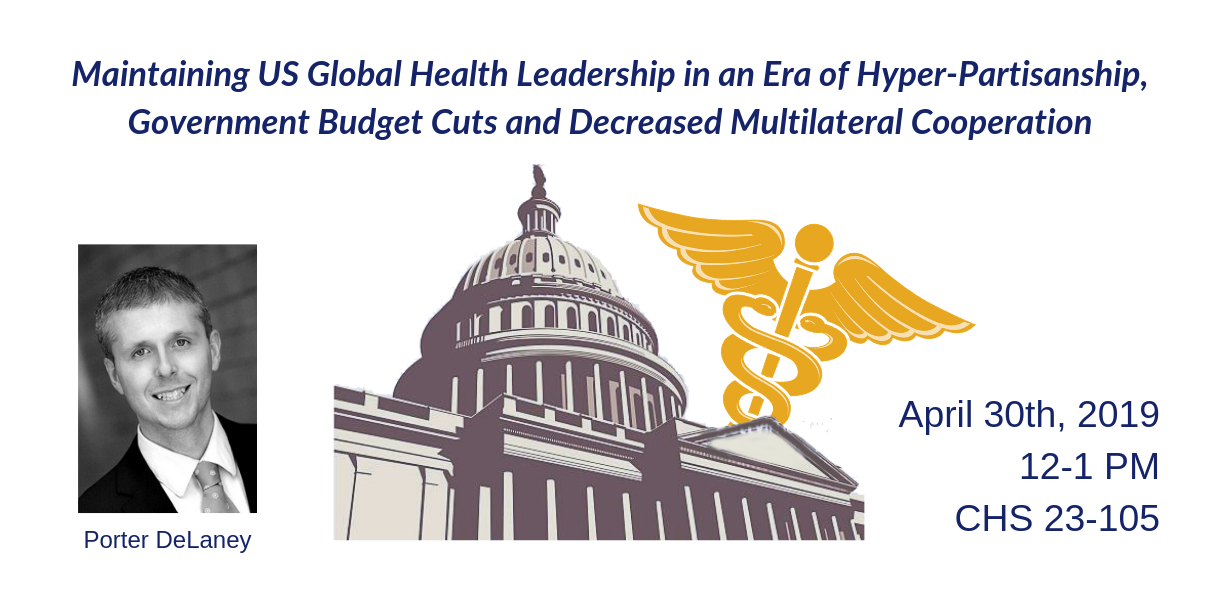
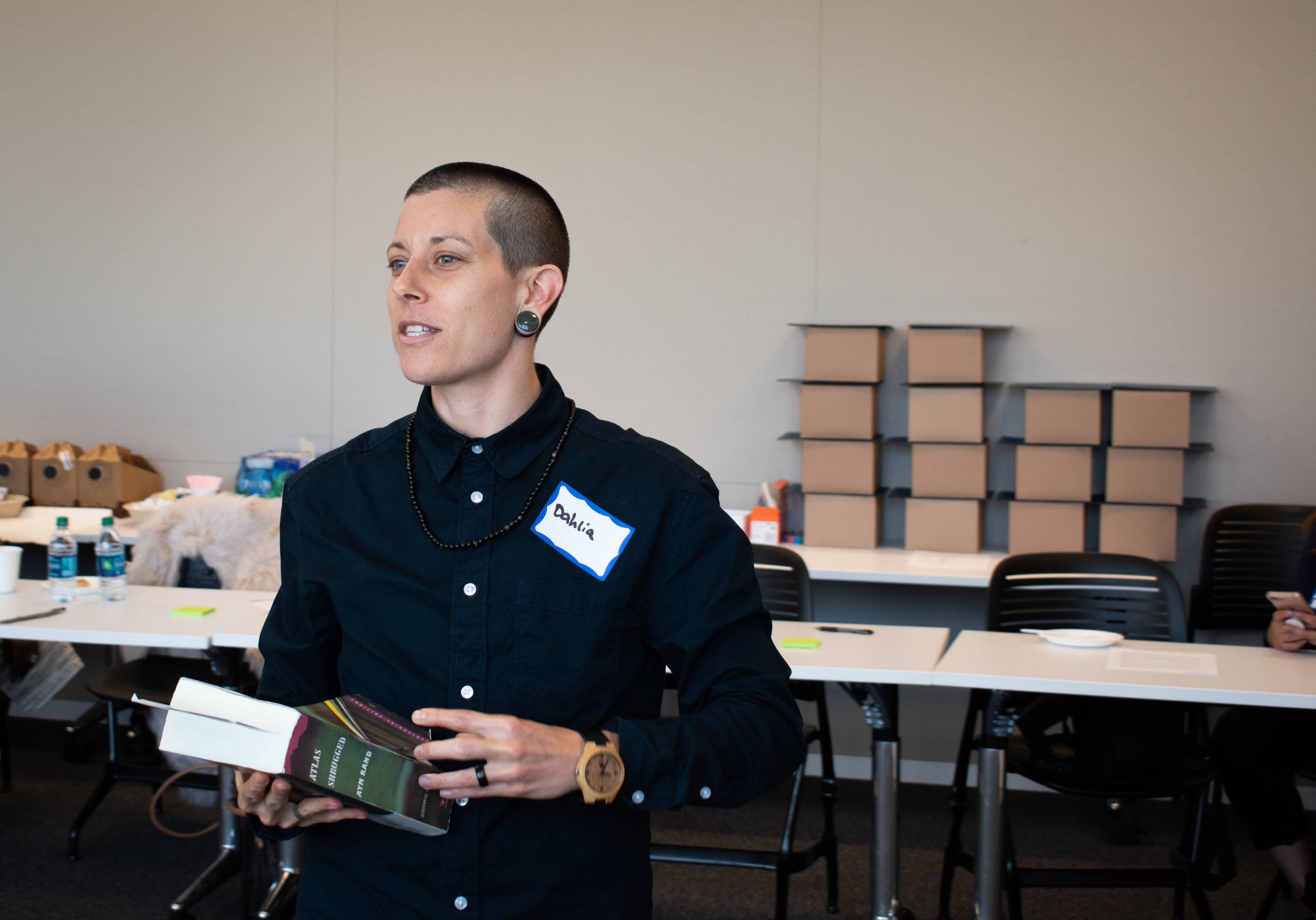
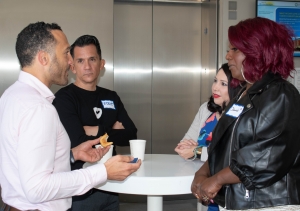
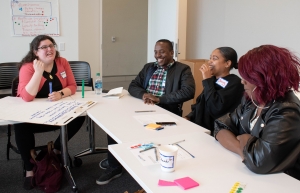

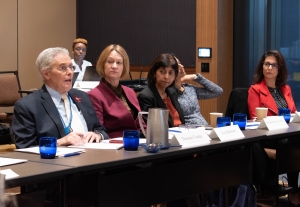 March 7th, 2019 – Researchers from UCLA, The RAND Corporation, The Conrad N. Hilton Foundation, Charles R. Drew University, Harvard Medical School, Elizabeth Taylor AIDS Foundation, Stellenbosch University, and the Elizabeth Glaser Pediatric AIDS Foundation gathered at the UCLA Meyer and Renee Luskin Conference Center for a learning session on “HIV Exposed Children and Early Childhood Development.”
March 7th, 2019 – Researchers from UCLA, The RAND Corporation, The Conrad N. Hilton Foundation, Charles R. Drew University, Harvard Medical School, Elizabeth Taylor AIDS Foundation, Stellenbosch University, and the Elizabeth Glaser Pediatric AIDS Foundation gathered at the UCLA Meyer and Renee Luskin Conference Center for a learning session on “HIV Exposed Children and Early Childhood Development.”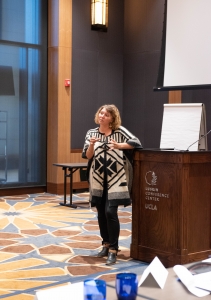
 Download Links
Download Links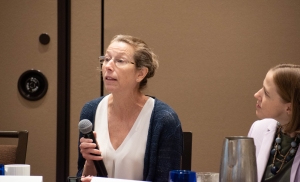 Opening Remarks and introductions
Opening Remarks and introductions